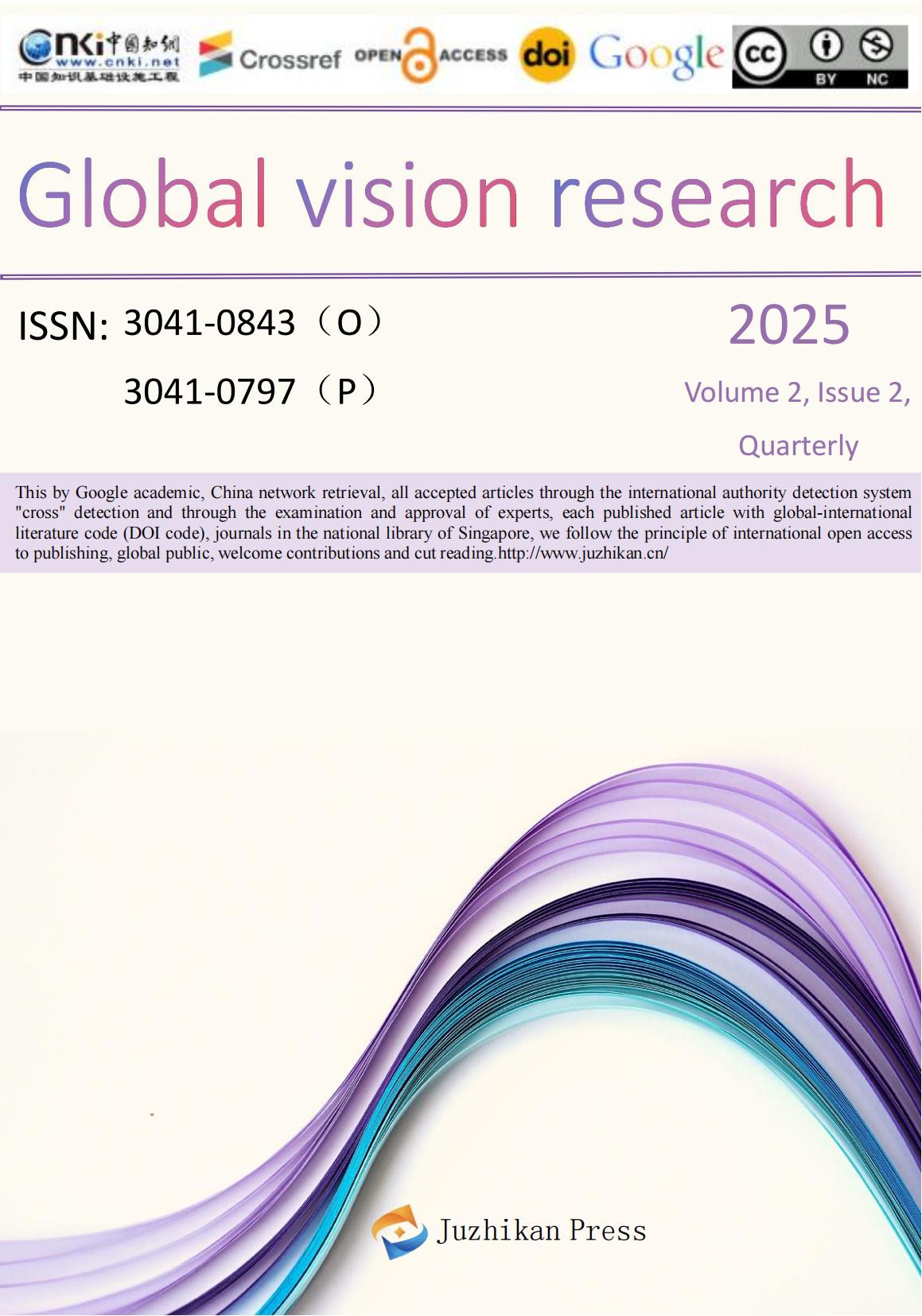
 info@juzhikan.asia
info@juzhikan.asia
 info@juzhikan.asia
info@juzhikan.asia
The Contributions and Obstacles of Utilitarianism to Legislation and Judiciary
Hanyu Dong1 Xiaofang Dou2
Shihezi university,Shihezi City Xinjiang Province,832000;
Abstract: This paper aims to comprehensively and deeply explore the impact of utilitarianism in legislative and judicial practices, analyzing its positive contributions and negative obstacles to provide a reference for improving value balance in legal practices. Using the literature analysis method, this paper combs through utilitarian theories and their manifestations in different legal fields. Starting from the core principle of utilitarianism, "the greatest happiness for the greatest number," it discusses its influence paths in legal rule-making, implementation, and rights protection. The study finds that utilitarianism has indeed contributed to legislation by guiding legislators to focus on overall social benefits and promoting the introduction of regulations meeting public interest needs. However, its obstacles are also significant, such as insufficient protection of minority rights and short-sighted decision-making in legislation, as well as weakening individual rights protection and affecting the proper exercise of judicial discretion in the judiciary. Utilitarianism has a two-sided impact on legislation and judiciary. In legal practice, it is necessary to carefully weigh its advantages and disadvantages, leveraging its benefits in improving overall efficiency while preventing the erosion of fairness, justice, and individual rights to ensure scientific legislation and judicial justice.
Keywords:Utilitarianism; Legislation; Judiciary; The Greatest Happiness for the Greatest Number
References
[1] Ma Chengchang, Wang Xiaoxia. Ontological Interpretation of Bentham's Utilitarian Legislative Principles from the Perspective of Legal Fiction [J]. Journal of Fujian Normal University of Technology, 2023, 41(01): 39-46.
[2] Chen Zenghui. Evaluation and Reflection on Bentham's Utilitarian Jurisprudence [J]. Journal of Sichuan Vocational and Technical College, 2022, 32(02): 52-57.
[3] Li Ye. Analysis of Mill's Utilitarian Concept of Happiness [J]. Journal of the West, 2024(24): 150-153.
[4] Li Lin. Evaluation of Bentham's Utilitarian Jurisprudence [J]. Law and Society, 2018(14): 3-4+25.
[5] Dong Zihan. Mill's Transcendence of Utilitarianism [J]. Modern Communication, 2019(12): 225+224.
[6] Cen Dalin. Research on the "Justice Issue" of Utilitarianism—Based on Mill's Utilitarianism [J]. Taste & Classics, 2021(21): 30-33+49.
[7] Ju Mingliang. Dancing in Fetters: Utilitarianism and Criminal Procedure [J]. Hebei Law Science, 2019, 37(07): 152-163.
[8] Wu Zhenwen. On the Core and Enlightenment of Bentham's Utilitarian View of Punishment [J]. Journal of Social Science of Hunan Normal University, 2017, 46(06): 102-109.
[9] Sun Fang. Analysis of the Impact of Western Utilitarian Thought on Contemporary College Students [J]. Modern Communication, 2019(20): 160-161.
[10] Zhu Xiaofeng. Improving Punitive Damages Rules from a Utilitarian Perspective—Taking the Compilation of the Civil Code as an Opportunity [J]. Jilin University Journal of Social Sciences, 2017, 57(06): 29-41+203.